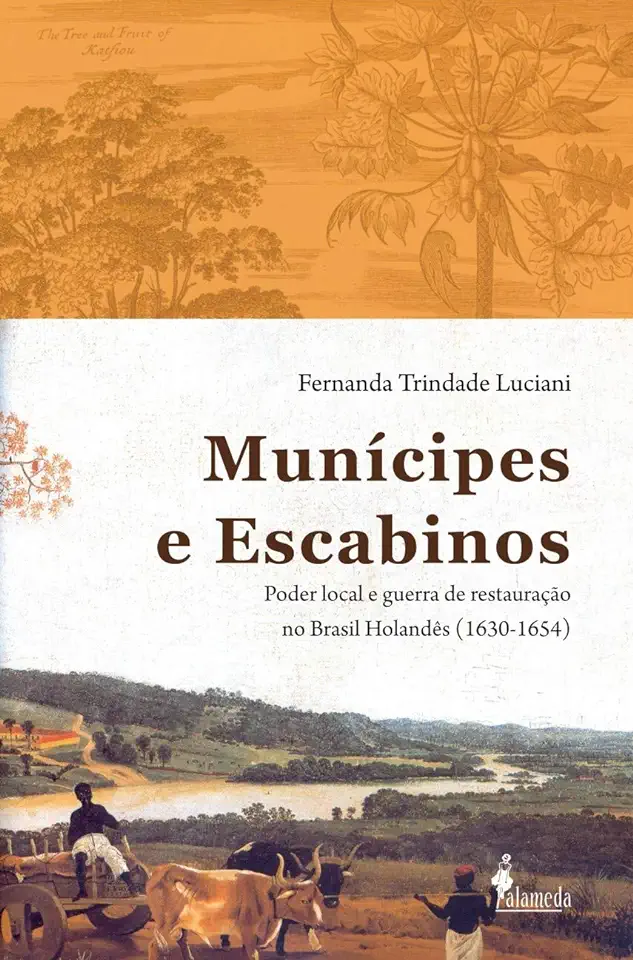
Councilmen and Aldermen - Fernanda Trindade Luciani
Councilmen and Aldermen: A History of Local Government in Brazil
Introduction
In "Councilmen and Aldermen: A History of Local Government in Brazil," Fernanda Trindade Luciani provides a comprehensive and engaging account of the development of local government in Brazil from the colonial period to the present day. Drawing on a wide range of sources, including archival documents, newspapers, and interviews, Luciani offers a nuanced and insightful analysis of the political, economic, and social factors that have shaped local governance in Brazil.
The Colonial Period
The book begins by examining the origins of local government in Brazil during the colonial period. Luciani argues that the Portuguese crown established a system of local government that was designed to maintain control over the colony and to extract resources from it. This system was based on the appointment of local officials, known as councilmen and aldermen, who were responsible for administering justice, collecting taxes, and maintaining public order.
The Imperial Period
After Brazil gained independence from Portugal in 1822, the system of local government underwent significant changes. The new imperial government introduced a more democratic system of local government, which allowed for the election of local officials. However, this system was still limited by the power of the central government, which retained control over many aspects of local governance.
The Republican Period
The establishment of the republic in 1889 brought about further changes to local government in Brazil. The new republican constitution decentralized power and gave local governments more autonomy. This led to a period of rapid growth in local government, as cities and towns began to take on new responsibilities, such as providing education, healthcare, and sanitation services.
The Military Regime
The military regime that ruled Brazil from 1964 to 1985 reversed many of the gains that had been made in local government during the republican period. The military government centralized power and restricted the autonomy of local governments. This led to a decline in the quality of local services and a decrease in citizen participation in local government.
The New Republic
The return to democracy in 1985 brought about a renewed interest in local government. The new democratic constitution decentralized power and gave local governments more autonomy. This has led to a resurgence of local government in Brazil, as cities and towns have begun to play a more active role in addressing the needs of their citizens.
Conclusion
"Councilmen and Aldermen" is a valuable resource for anyone interested in the history of local government in Brazil. Luciani's comprehensive and insightful analysis provides a deep understanding of the political, economic, and social factors that have shaped local governance in Brazil. This book is a must-read for scholars, policymakers, and anyone else interested in the development of local government in Brazil.
Why You Should Buy This Book
"Councilmen and Aldermen" is a well-written and engaging book that provides a comprehensive and insightful analysis of the history of local government in Brazil. This book is a must-read for anyone interested in the development of local government in Brazil.
Here are a few reasons why you should buy this book:
- It is a comprehensive and well-researched account of the history of local government in Brazil.
- It is written in a clear and engaging style that makes it easy to understand.
- It provides a nuanced and insightful analysis of the political, economic, and social factors that have shaped local governance in Brazil.
- It is a valuable resource for scholars, policymakers, and anyone else interested in the development of local government in Brazil.
Don't miss out on this opportunity to learn more about the history of local government in Brazil. Order your copy of "Councilmen and Aldermen" today!